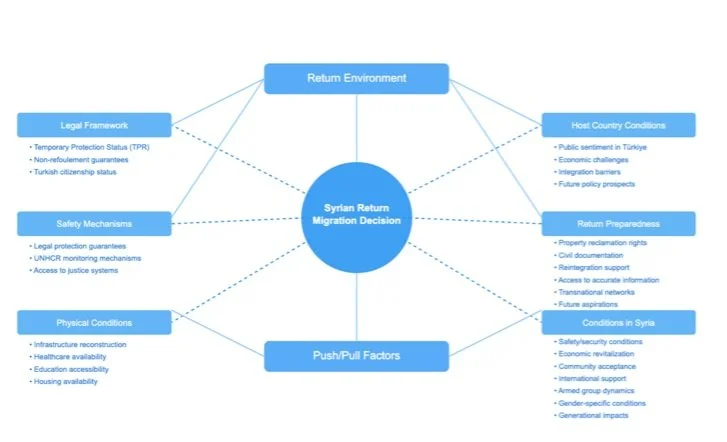SPIA (science-policy interface agency) has its genesis in an ongoing process of consultations with European policymakers, researchers, entrepreneurs, civil society organisations and journalists on how best to bridge the science-policy communications gap.
The agency was founded in 2010 by Terry Martin, a Berlin-based journalist and broadcaster. As SPIA’s director, Terry oversees all of the agency's activities. SPIA has its roots in Terry’s experience as a communications consultant to the Social Sciences and Humanities (SSH) unit of the European Commission’s Directorate-General for Research and Innovation. Terry began advising the unit in 2008.
Addressing a need for enhanced communications capacities in EU-funded research and innovation projects, Terry wrote the guidebook Communicating Research for Evidence-based Policymaking (European Commission, 2010). He also shaped development of the EC's SSH Policy Brief series (2008-09) and co-delivered a highly acclaimed communication masterclass series for SSH researchers in Brussels (2010-12). Terry has contributed to science-policy interface efforts within the EC’s Environment DG as well.
In addition to writing scores of news articles on EU-funded research for the SCOOP news service, Terry has moderated many policy-oriented research events and served as rapporteur for major conferences, including the conclusion of the EU’s public consultation on the creation of the European Research Area.
SPIA shares the EU's commitment to smart, sustainable and inclusive growth. And we wholeheartedly endorse initiatives enabling researchers to produce policy-relevant insights on a pan-European scale.
Terry Martin
Terry Martin is Executive Director of SPIA and oversees all of the agency’s activities. A veteran broadcaster and journalist (DW News, CNN International, EUROPE Magazine), Terry began working on European research communications in 2008 at the invitation of the European Commission. Since then he has been continuously involved in consultations with European researchers, administrators, entrepreneurs, civil society organizations and journalists on how best to bridge the communications gap between research and policymaking.
Terry has written scores of news items on EU-funded research in social sciences and humanities (SSH) and played a key role in formulating guidelines for SSH policy briefs in Framework Programme research projects. In 2010 Terry wrote the European Commission’s guidebook ‘Communicating Research for Evidence-based Policymaking’. He also served as the EC’s external rapporteur for the conclusion of the public consultation on the creation of the European Research Area. Between 2010 and 2012 Terry co-designed and delivered a series of communication master-classes for coordinators of EU-funded research projects.
Through SPIA, Terry has been a consortium partner in multiple FP7 and Horizon 2020 research projects. Just prior to joining GAPs, Terry led the dissemination and communications activities of GREASE, a project investigating governance of religious diversity and violent radicalization. He has also served on the advisory boards of several SSH projects and contributed to science-policy interface efforts within the EC’s Environment DG. Terry is frequently in demand as an advisor, trainer, moderator and rapporteur.






Timokleia Psallidaki is a member of the GAPs research team in Greece at the National Centre for Social Research (EKKE). She is a PhD candidate in Migration Studies and Human Geography at the Department of Urban and Regional Planning, School of Architecture, National Technical University of Athens (NTUA). Her research interests include migration, border transformations, practices of migrants’ settlement in the city, socio-spatial inequalities, European migration policies, mobility, and precarity. During my postgraduate studies in Urban and Regional Planning at NTUA, I engaged with critical geography perspectives that conceptualize space as a relational entity—one shaped by interconnections, multiplicity, and ongoing interactions between global and local dynamics. Perceiving space…